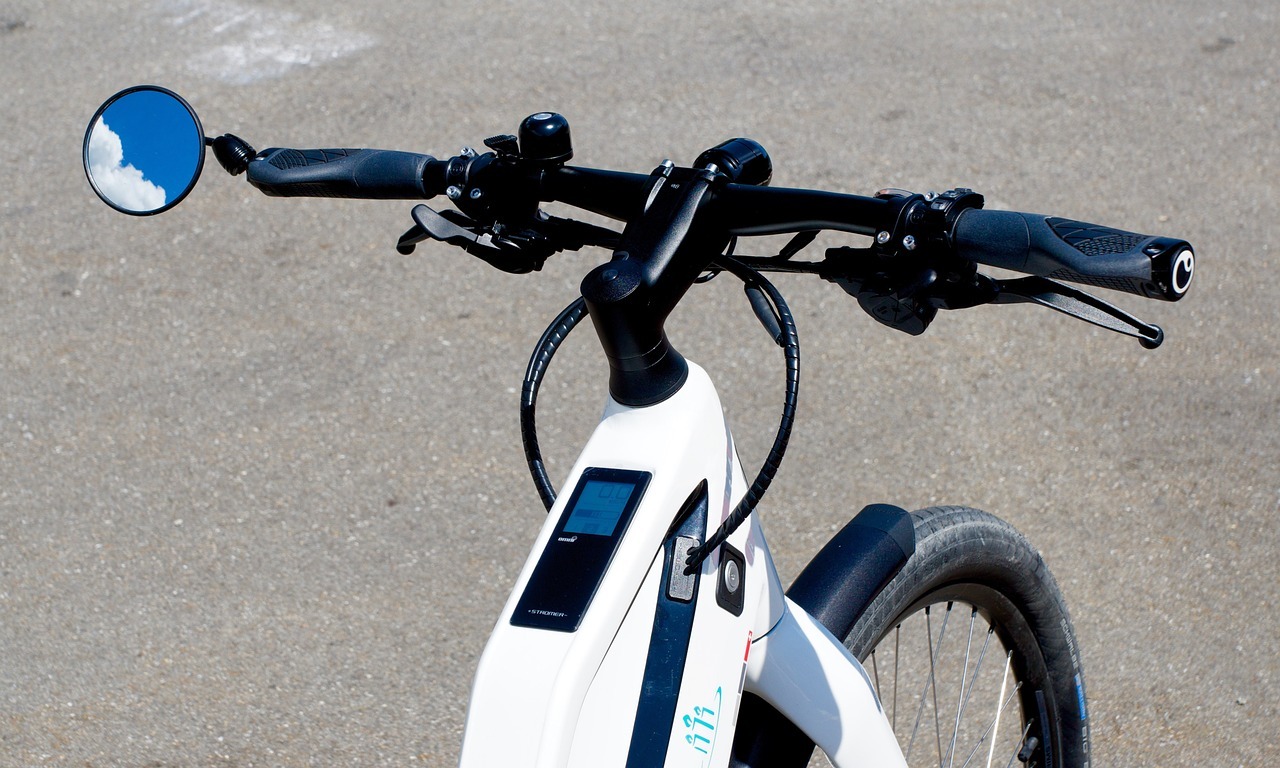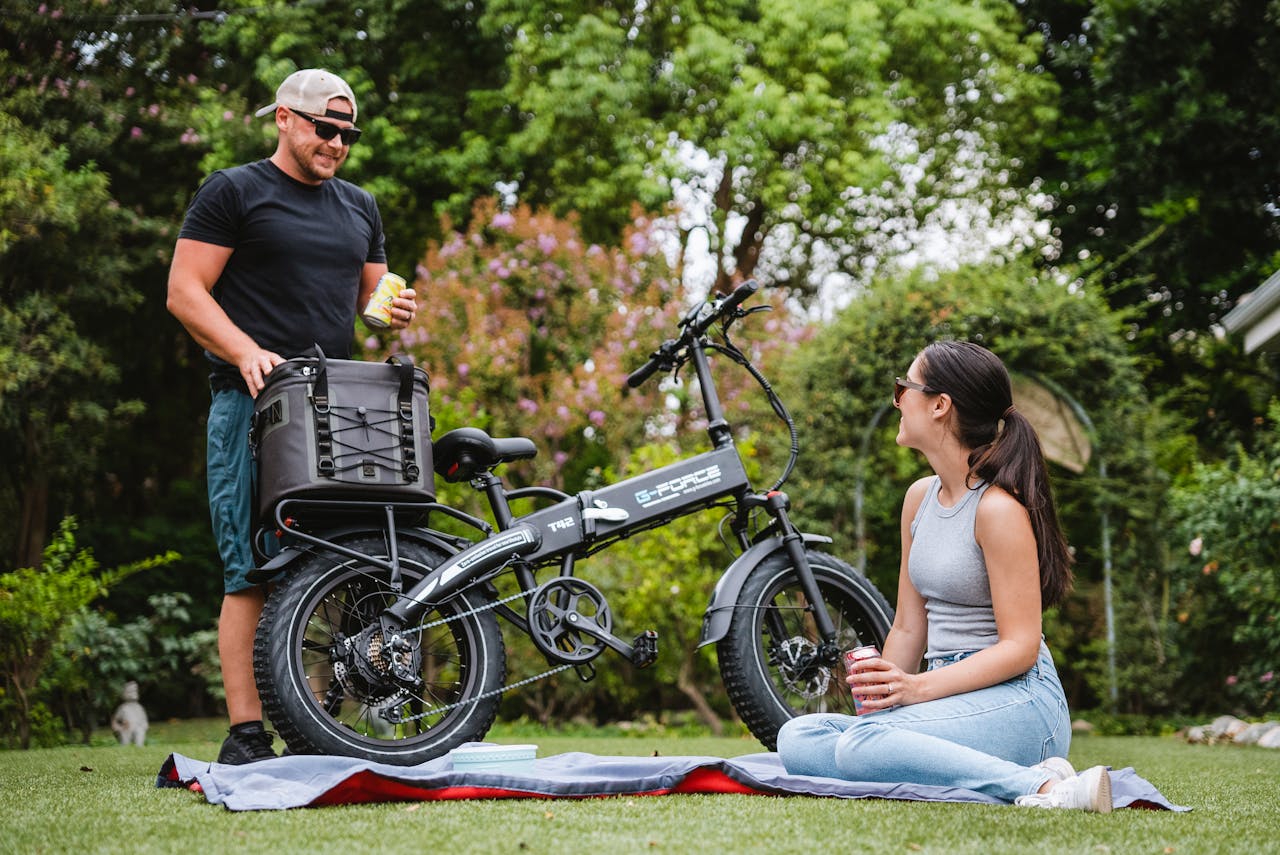Electric bikes, also known as ebikes, have gained popularity in recent years as a new and convenient mode of transportation. With their electric motor assistance, they provide a level of ease and comfort that traditional bikes cannot match. However, this does not mean that traditional bikes are obsolete. In fact, many people still prefer the good old pedal-powered bicycles for various reasons. If you’re considering purchasing a bike for yourself, you might be wondering which one is right for you – an ebike or a traditional bike? This decision depends on several factors such as your personal preferences, needs, and budget. This post will explore the similarities and differences between ebikes and traditional bikes to help you make an informed decision.

The Rise in Popularity of Ebikes
With an electric motor to assist with pedaling, they require less physical effort compared to traditional bikes. This makes them a great option for people of all ages and fitness levels, including those who may have physical limitations. As more people are looking for environmentally-friendly modes of transportation, ebikes offer a greener alternative to cars and public transportation. In particular, men’s electric bikes have also become popular among commuters due to their ability to navigate through traffic and save time on daily commutes. The rise in popularity of ebikes can also be attributed to advancements in technology, making them more efficient and affordable than ever before. The electric motor on an ebike can help riders tackle steep hills or longer distances with ease, making them a practical choice for many individuals.
Cost Comparison
eBikes typically have a higher upfront cost compared to traditional bikes, due to the added technology and components. However, this initial investment may be worth it for some individuals in the long run. Traditional bikes require regular maintenance and replacement parts, which can add up over time. On the other hand, ebikes generally have lower maintenance costs as they do not rely solely on human power. Moreover, if you plan on using your bike for daily commuting or longer distances, an ebike can potentially save you money on gas or public transportation fees. Consider your budget and usage when deciding whether the increased cost of an ebike is worth it for you.
Eco-Friendly Transportation
With zero emissions and less reliance on fossil fuels, ebikes are a greener transportation option compared to cars or motorcycles. However, traditional bikes also offer similar benefits in terms of reducing carbon footprint and promoting sustainability. Both types of bikes require minimal energy consumption, making them ideal for individuals looking to reduce their impact on the environment. Choosing either an ebike or a traditional bike over a car can help alleviate traffic congestion and reduce air pollution.

Comfort and Convenience
When it comes to comfort and convenience, ebikes and traditional bikes offer different experiences. Ebikes provide a more comfortable riding experience due to the electric motor assistance, which reduces the strain on your muscles and joints. This can be especially beneficial for individuals with physical limitations or those who are not used to regular exercise. The added speed and range of an ebike can make commuting or traveling longer distances more convenient compared to a traditional bike. However, some people may prefer the simplicity and challenge of using their own strength to power a traditional bike. With no added technology or reliance on batteries, traditional bikes can offer a more authentic and nostalgic riding experience for some individuals. U
Fitness Benefits
Many people wonder if using an ebike provides the same level of physical activity and fitness benefits as a traditional bike. While it is true that ebikes require less effort, they still offer a good workout for riders. The electric motor assistance on an ebike can be adjusted to different levels, allowing for varying levels of physical exertion. This means that you can still get a great workout on an ebike by pedaling at a higher resistance level or turning off the motor completely. Using an ebike allows individuals with physical limitations or injuries to still enjoy the benefits of cycling without putting too much strain on their bodies. Conversely, traditional bikes require more physical effort to pedal and can provide a more intense workout for those looking for a challenge.
Personal Considerations
The decision between an ebike or a traditional bike ultimately depends on personal preferences and needs. When making this decision, consider factors such as your fitness level, physical limitations, budget, and intended usage of the bike. If you have limited physical abilities or are looking for a more comfortable riding experience, an ebike may be the better choice for you. But if you enjoy a more challenging and authentic cycling experience or have a tighter budget, a traditional bike may be the way to go. Think about how often you will be using the bike and for what purposes – whether it’s daily commuting, leisurely rides, or longer distances. Carefully considering these personal factors can help you make the right decision between an ebike and a traditional bike.

Additional Considerations to Keep in Mind
Additional considerations to keep in mind when deciding between an ebike and a traditional bike include the terrain of your usual riding routes, the weight of the bike, and the availability of charging stations for ebikes. If you live in a hilly area or plan on cycling through rough terrains, an ebike’s electric motor assistance can make your rides much more manageable. However, if you have to frequently carry your bike upstairs or onto public transportation, the added weight of an ebike may be a disadvantage. And while most major cities now have charging stations for electric vehicles, they may not be as readily available for ebikes.
Whether an ebike or a traditional bike is right for you depends on various factors such as comfort, convenience, cost, eco-friendliness, and fitness level. Both types of bikes have their own advantages and disadvantages, so consider your personal preferences and needs when making your decision. The most important thing is to find a bike that fits your lifestyle and allows you to enjoy the many benefits of cycling.